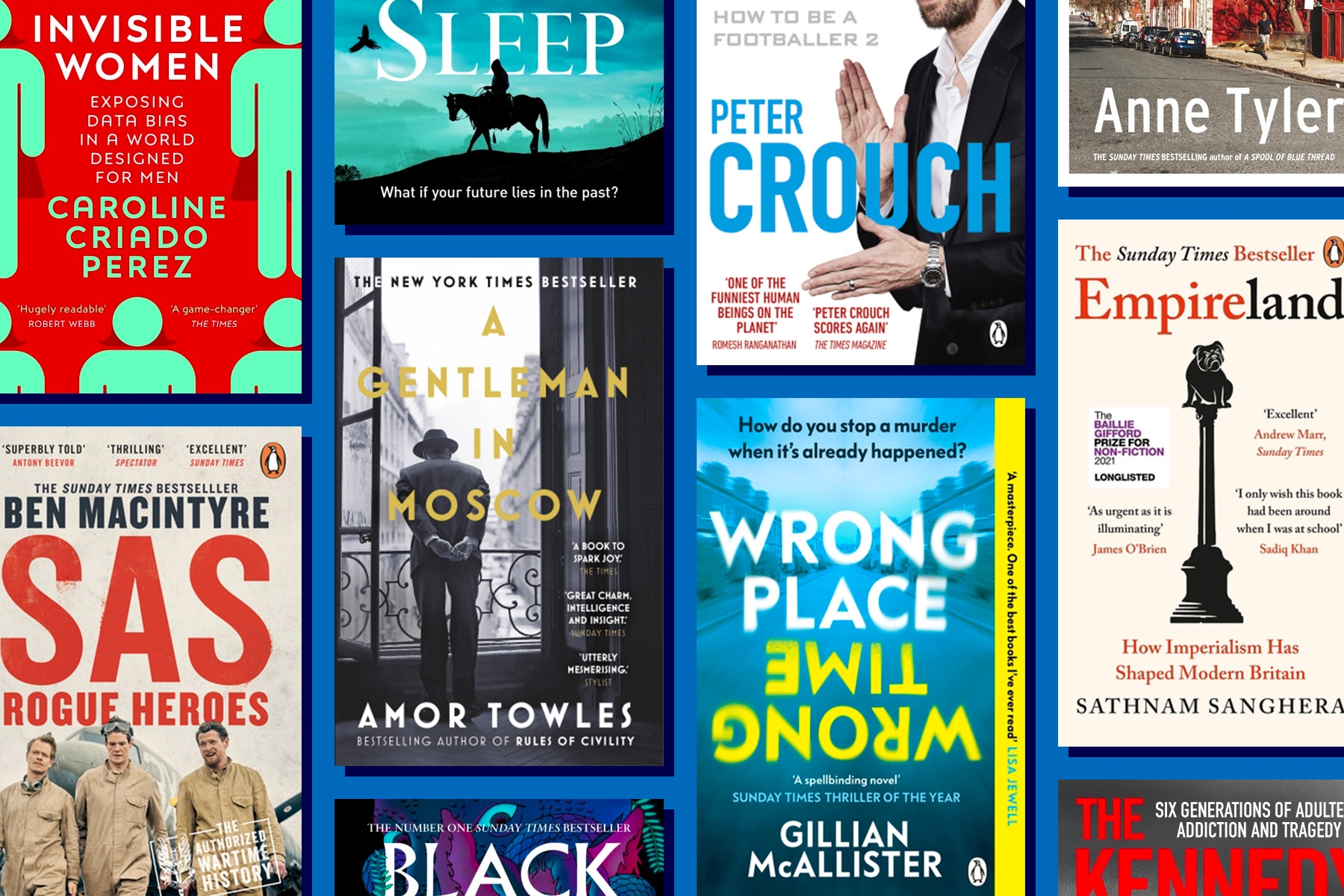Gillian McAllister
Praise for Caller Unknown
An unputdownable adventure that was both heartwarming and thrilling! Everything I've come to expect from Gillian McAllister!
FREIDA MCFADDEN
Gillian McAllister has done it again! This is such a clever, tense and twisty book, I inhaled it in under a day. The pacing is perfection and the twist, when it comes, is deeply satisfying, but it is the characters ...
LISA JEWELL
Tense, twisty, and an emotional gut punch—CALLER UNKNOWN is a one-sitting read.
KARIN SLAUGHTER
An unputdownable adventure that was both heartwarming and thrilling! Everything I've come to expect from Gillian McAllister!
FREIDA MCFADDEN
Gillian McAllister has done it again! This is such a clever, tense and twisty book, I inhaled it in under a day. The pacing is perfection and the twist, when it comes, is deeply satisfying, but it is the characters ...
LISA JEWELL
Tense, twisty, and an emotional gut punch—CALLER UNKNOWN is a one-sitting read.
KARIN SLAUGHTER
An unputdownable adventure that was both heartwarming and thrilling! Everything I've come to expect from Gillian McAllister!
FREIDA MCFADDEN
Gillian McAllister has done it again! This is such a clever, tense and twisty book, I inhaled it in under a day. The pacing is perfection and the twist, when it comes, is deeply satisfying, but it is the characters ...
LISA JEWELL
Tense, twisty, and an emotional gut punch—CALLER UNKNOWN is a one-sitting read.
KARIN SLAUGHTER
Sign up to the Gillian McAllister newsletter
For updates, exclusive content and more
By signing up, I confirm that I'm over 16. To find out what personal data we collect and how we use it, including for our recommendations, please visit our Privacy Policy.









